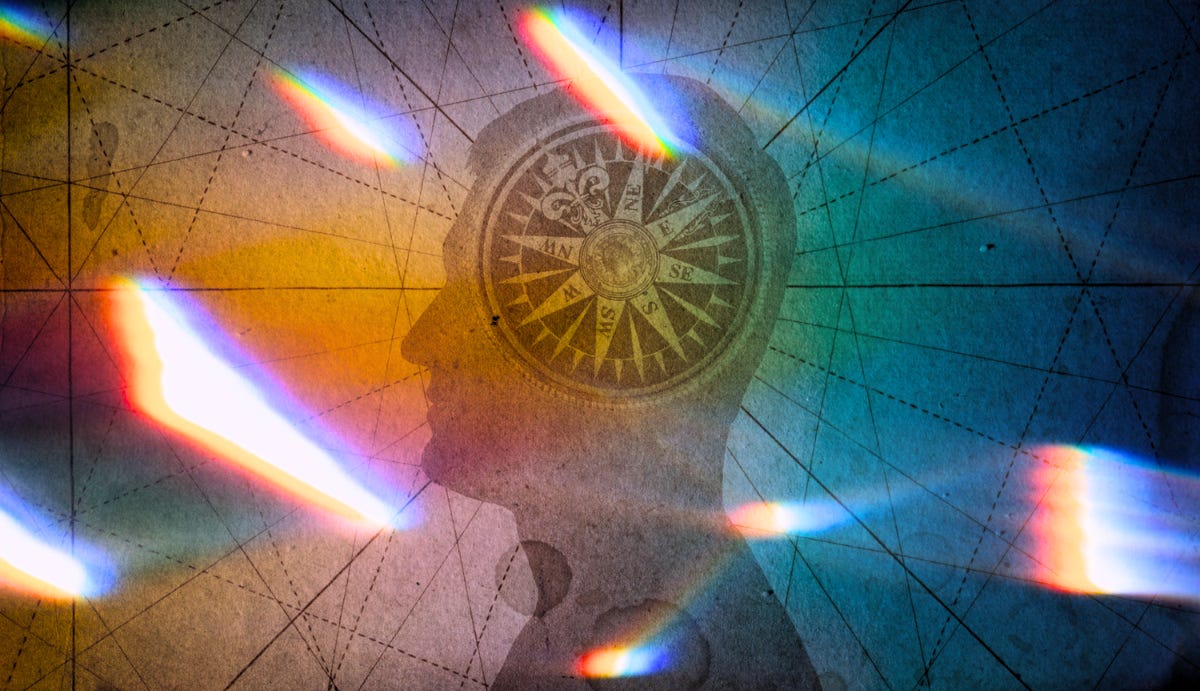The Sacred Compass of the Written Word
On writing as a form of self-guidance
“I guess you’re pretty good at giving other people advice, but not so good at taking your own,” someone said to me with a chuckle after skimming one of my essays.
Even after nearly a decade of writing professionally, it’s amazing how a single comment can shake your foundation.
I probably shouldn’t have let it bother me—but, of course, it did.
Maybe they’re right? Am I a hypocrite? Technically, I’m not doing the things I advise others to do—at least, not all of them. Maybe I’m just a charlatan, or an imposter. What am I even doing?
Thankfully, after a momentary spiral of self-doubt, I quickly remembered that I’m not a guru and never claimed to be.
The thing is, writing isn’t always meant to inform or advise someone else. It’s not always instructional, or a reference, or even particularly useful.
Writing is the sacred guidance of the soul through the written word.
Writing is where the wise mind meets the wild creative—a collaboration between intellect and instinct. It can be art, exploration, or prophecy. Maybe reflection, maybe revelation.
Writing might heal the reader, but it certainly heals the writer.
Still, it’s worth asking: Why read any of it?
Because writing mirrors our inner life, and the more aware we become of what moves through us, the clearer our compass becomes. Every sincere word brings us closer to understanding ourselves—and, by extension, each other.
The world can be overwhelming, and being human is not always easy. We don’t write because we have all the answers. We write to follow the shape of the questions.
When my words find someone, I’m grateful. They’ve touched something true. I never planned on doing all of this, after all. I’m a musician. I’m supposed to be doing other things.
And yet, it took everything I had to arrive here—just here, nowhere special.
Creativity is a strange, capricious thing. It rewards devotion, but resists control. Some days it feels like grace; other days, like chasing smoke. It asks for patience when you have none, honesty when you’d rather hide, faith when everything feels pointless.
Still, I keep showing up—slowly, imperfectly, in whatever form I can. Because every time I write, I remember that clarity doesn’t come before the words; it comes through them. The page isn’t where I prove what I know; it’s where I rediscover the prism of who I am.
But it’s also what keeps me sane. It’s how I make peace with the world, with myself, and find my way forward.
Maybe that’s the irony: they were right. I don’t always take my own advice. But I write, and through that slow process of becoming and rediscovery, I eventually do.


